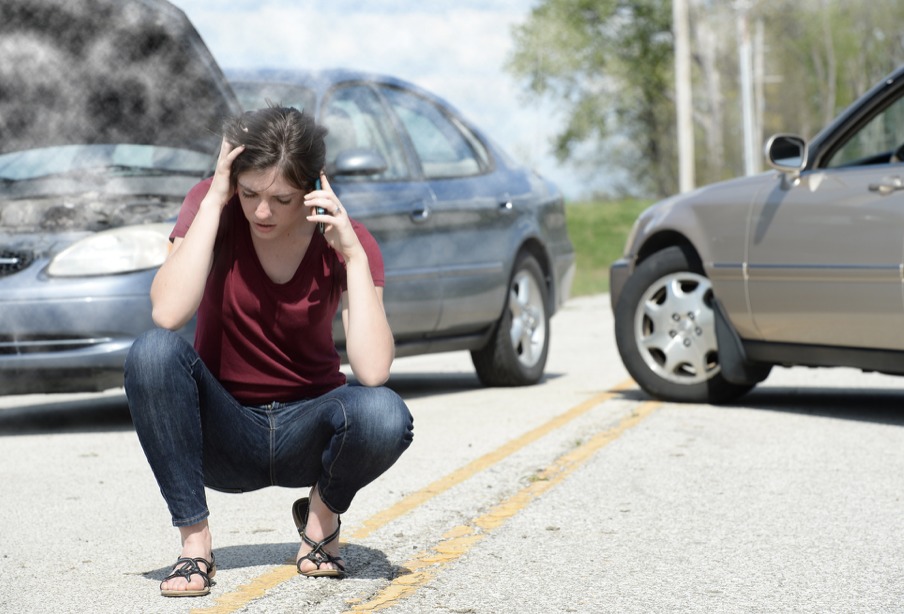Regardless of who’s at fault, when you’re involved in a serious car accident, the consequences can be devastating for everyone involved. Here are some important actions you should take, in the immediate aftermath and beyond.

- At the scene
Naturally, the most urgent priority is to check that everyone involved is OK.
Once you’ve established that your injuries don’t prevent you from moving safely, check on your passengers, and get them to a safe place.
Assuming that you’re able to move safely, place warning signs on the road to avoid being hit by other vehicles.
Call 911, and wait for help. If the other party is well enough to do so, exchange information.
Document the scene as much as possible, taking photos of the surrounding areas, as well as the damaged vehicles and their relative positions.
Once the police and ambulance crew arrive, be guided by their instructions.
- Medical care
The next imperative is to obtain medical care – on the scene or after transportation to a medical facility.
Be aware that not all injuries may be immediately apparent – for example, head or neck injuries are not always visible before diagnostic tests are carried out.
When possible, consult a doctor who specializes in vehicle accident injuries for a treatment plan.
It’s likely that after a traumatic event, your body may respond by needing more rest. It may also benefit from gentle movement as well as easy exercise – but just be patient with yourself and take it easy for at least a few days.
- Hire an attorney
Whether you are at fault or not, it’s essential to consult an attorney specializing in vehicle accidents as soon as possible. They will be able to represent your interests with the law (if appropriate) and with both insurance companies. If you decide to file a personal injury lawsuit against the other party, they will gather documentation and can represent you in court. Or, should you be charged with an offense (or the other party decides to sue you), they will prepare your defense and represent you throughout the judicial process.
- Arrange alternative transport
If your car has been badly damaged, getting a replacement may be a high priority so that you can get back to your daily activities as soon as possible, The first port of call is your insurer, as your policy may cover the costs of a replacement vehicle.
- Don’t underestimate the potential for long term effects
If you’re involved in a major accident, especially one that involves fatalities or life-changing injuries, be aware that you or others involved may experience long-term psychological issues, including PSTD, phobias, insomnia, anxiety, or depression. Any of these symptoms should be taken seriously, require professional assessment and possibly long-term treatment. Children should be given special help to understand what happened and come to terms with the shock and trauma of loss, or ‘survivors guilt’.
Thankfully, most of us will never be faced with such a devastating situation. However, dealing with the consequences in a systematic fashion will help you and your passengers to get through it as painlessly as possible.
Facebook Comments